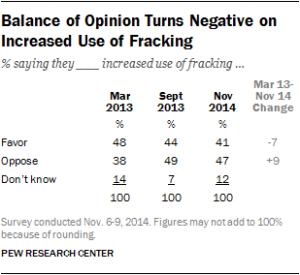Democrats block Keystone XL bill in Senate
As expected, Senate Democrats prevented a bill authorizing construction of TransCanada’s Keystone XL pipeline from advancing in the Senate.
The fate of the pipeline still remains with the State Department, because the pipeline would cross from Canada through the United States.
President Obama already has made his feelings known, saying through a spokesman that he would veto any bill that emerged from Congress.
According to media reports, Senate Majority Leader Mitch McConnell moved to end debate on the bill, a version of which had already cleared the Republican-controlled House. But Republicans could only muster 53 votes for cloture, or an end to the debate, on two separate roll calls. Under parliamentary rules, 60 votes are needed for cloture.
The New York Times reported: “The move ensures that senators will continue to debate the bill — most likely for another week — before Republicans again try to bring the measure up for a final vote.”
The GOP had no doubt hoped for more Democrats. As Politico reported:
The legislation … on Monday lost a vote from one of its longtime backers, Sen. Jon Tester (D-Mont.) — now a member of party leadership as chief of the Democratic Senatorial Campaign Committee — but picked up a vote from Sen. Michael Bennet (D-Colo.), the former DSCC chairman who has not formally signed onto the pipeline bill.
Two other Democrats who have backed stripping Obama’s power to decide on a Keystone permit, Sens. Claire McCaskill and Mark Warner, missed the Monday vote.
“I’d like to see us decide Keystone and move on,” Sen. Heidi Heitkamp, one of the pro-Keystone Democrats who voted with the GOP to cut off debate, told reporters.
Keystone’s backers initially expected the pipeline votes would end this week. But Democratic anger over the majority leader’s move to close off the debate on their amendments last week has made the pipeline bill a power struggle, with Democrats pushing McConnell to continue the freewheeling energy debate on the floor that has delved into topics ranging from climate change to eminent domain.


